
Like many of you, I saw MAN OF STEEL over the weekend (twice) and absolutely loved it. For me, it was everything I wanted in a Superman movie, hitting all the right beats to bring the classic superhero to life on the big screen for contemporary audiences, including some destructive, superhero-level action. Like, A LOT of it, so much so that they destroyed main street Smallville and downtown Metropolis to a large (and costly) extent, which has many moviegoers complaining that it was too much and unnecessarily so.
In the last few years we’ve seen the big-budget extravaganzas go out of their way to wreak havoc on some of the Earth’s most popular metropolitan architecture, leaving a wake of destruction that eclipses anything we’ve seen before, including real-world attacks like 9/11. Witness Michael Bay’s skyscraper devastation progression from the first TRANSFORMERS film to the most recent, in which we see New York, The Pyramids in Egypt, and the entire city of Chicago left in utter ruin by the time the credits roll.

Film has always been about spectacle and entertainment, showing us things we’ve never seen before, be it an alien invasion (INDEPENDENCE DAY), a hijacked skyrise (DIE HARD), an overgrown monkey on a rampage (KING KONG), or a regular ol’ natural disaster (DANTE’S PEAK). If box office receipts are any indicator, it’s one of the biggest reasons we go to the movies in the first place. As technology and graphics have improved, however, it seems like the all-too-real representation of destruction has begun to wear on people.
Last year’s THE AVENGERS saw New York City ravaged by an alien invasion that had giant armored space worms careening into buildings left and right, leaving a repair bill and likely death toll unlike any we’ve ever faced in the real world. Director Roland Emmerich is probably the greatest proprietor of worldwide devastation, having ravaged cities over and over again including two separate attacks on the White House, both in INDEPENDENCE DAY and the upcoming WHITE HOUSE DOWN, not to mention floods, volcanic eruptions, and a second ice age.
It’s not always this way, however, as many big-budget bonanzas are still able to deliver the goods with some minimal disaster, including MISSION: IMPOSSIBLE – GHOST PROTOCOL, which “merely” blew up The Kremlin, broke a few windows, and crashed a few cars, or, say, the recent Bond adventure, SKYFALL, which took out MI6 headquarters, a remote mansion and a helicopter at its worst. So, does that make those movies less destructive than movies like MAN OF STEEL or TRANSFORMERS?
I think it comes down to context. For MAN OF STEEL, you’re looking at arguably the biggest superhero of all time with abilities that outweigh just about any other counterpart in the genre. Even SUPERMAN II tore the shit out of the city and that’s with 1978 effects. TRANSFORMERS is based on a cartoon that’s based on a toy. Talk about an opening for expressive mayhem (from “Bayhem,” no less). The source material for films like these, particularly from the comic book and fantasy genre, have always been and continue to be rampant with epic level destruction. Consider that both Marvel and DC have destroyed entire cities in the pages of their comics over and over and over again. And, they’ll do it again, probably next month. It’s the nature of the medium and isn’t showing any signs of stopping. So, in relation to its source material, these films have simply fallen in line.
Is there a point beyond the devastation? Absolutely, but it still serves the context of the world in which these creations live. The city-wide invasions of both THE AVENGERS and MAN OF STEEL served two purposes 1) Introduce the human world to the new superhuman threats that exist, thereby paving the way for superhero existence (i.e. believability) and necessity for future films, and 2) Look really cool while fighting in a metropolitan area. If either of these film’s finales took place on a deserted island or big open field you’d likely hear every fan cry foul. For one, you remove the human element and with no human beings in danger, everything is happening in a vacuum. Is a superhero throw down relevant if lives aren’t at stake? Depends on the story, I suppose.
What it all boils down to is suspension of disbelief and an understanding of the context in which you’re seeing all your favorite landmarks turned to rubble. Certainly, it can bring back memories of real-world destruction, but sheltering one from such reminders doesn’t negate their existence. Personally, I don’t need to have my eyes shielded from the horrors of reality, especially if it’s coming from a comic book movie, but that’s just me. Because, let’s face it folks, if Autobots, Avengers, or Kryptonian aliens were real and ever decided to use Earth as their battleground, we’d all be f*cked and that’s just the way it is. That’s not to say there shouldn’t be any kind of limit, but again, if it fits the overall story, then so be it. So, maybe it’s time to just enjoy the genre for what it is, rather than whining about how “unrealistic” or “excessive” it is, especially when it fits well within the parameters of the genre.





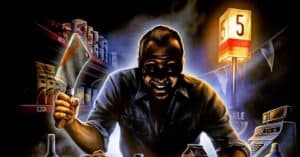

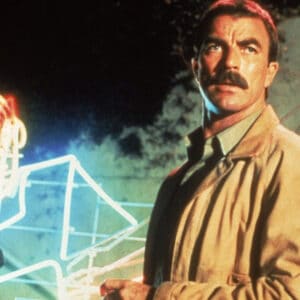


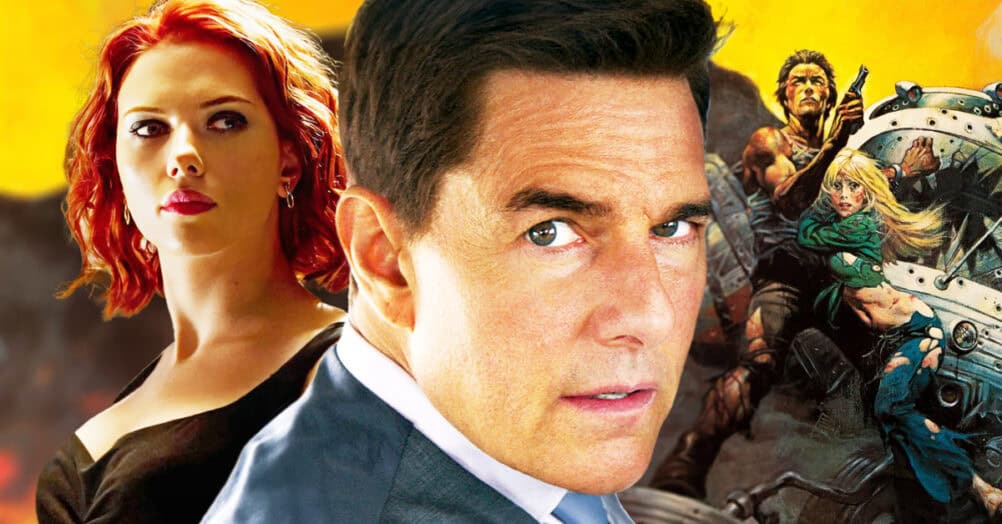
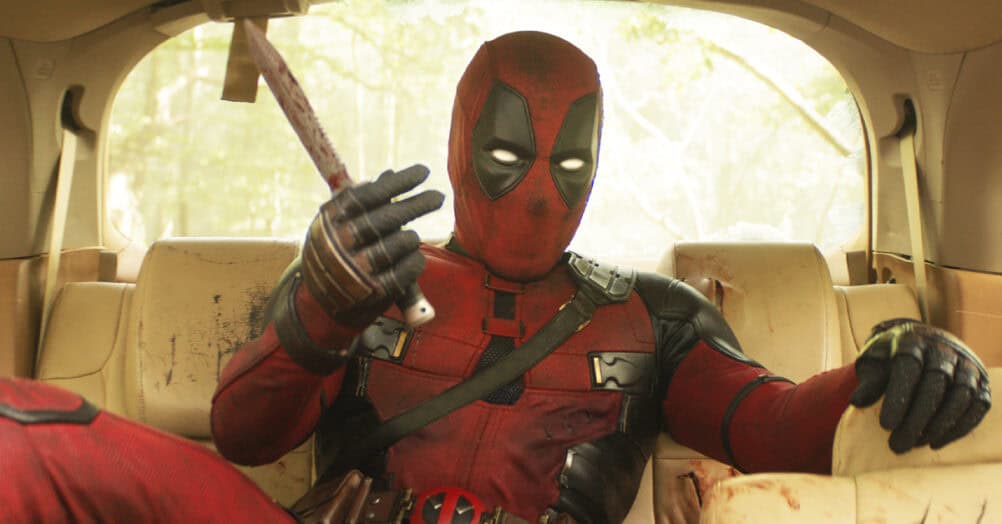

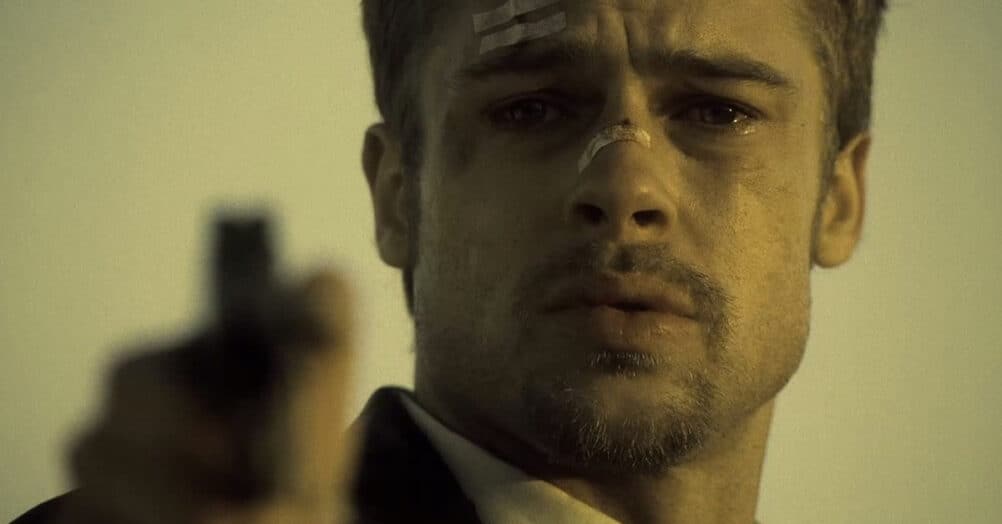

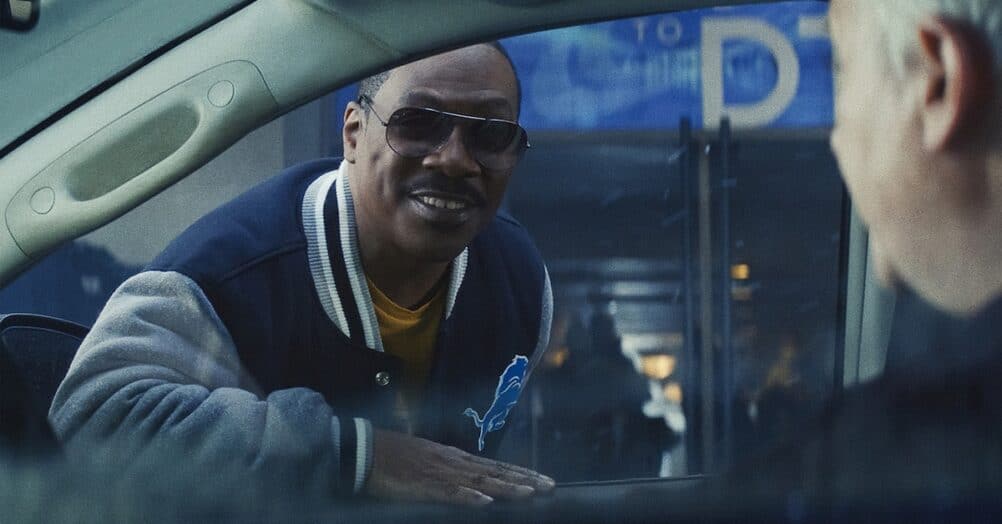

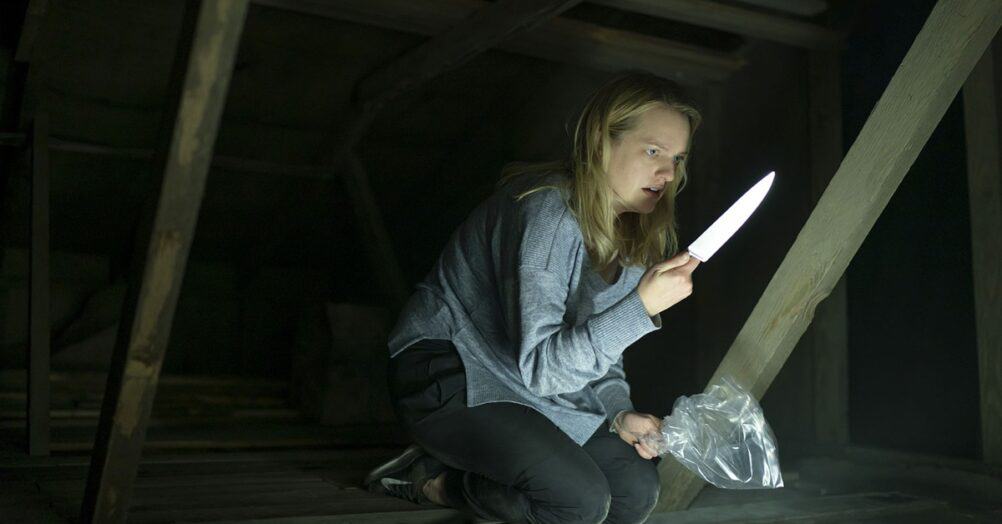


Follow the JOBLO MOVIE NETWORK
Follow us on YOUTUBE
Follow ARROW IN THE HEAD
Follow AITH on YOUTUBE